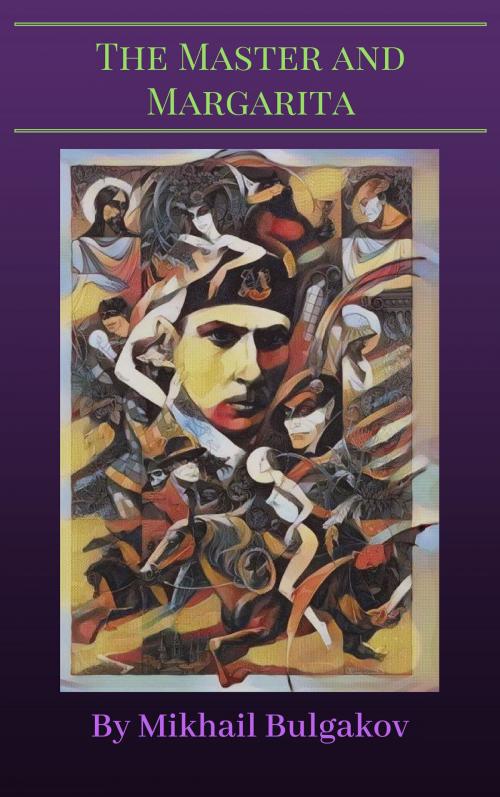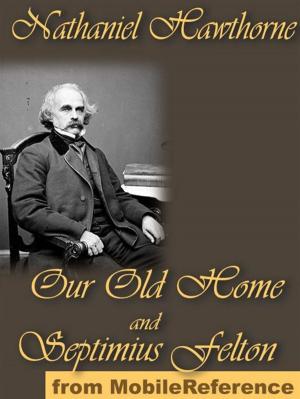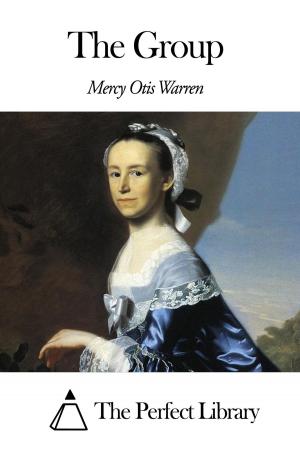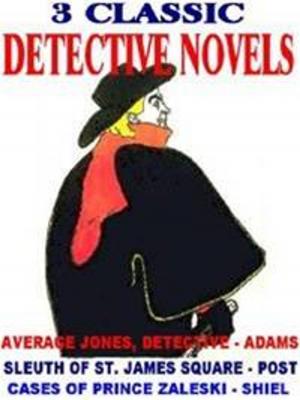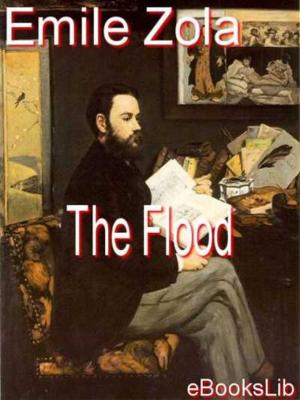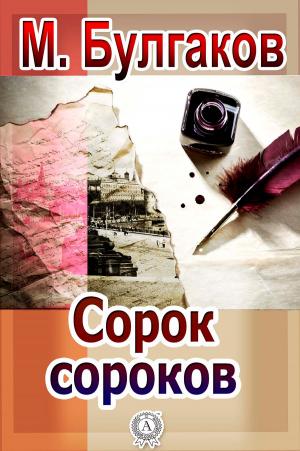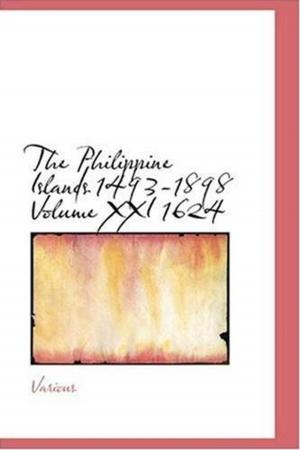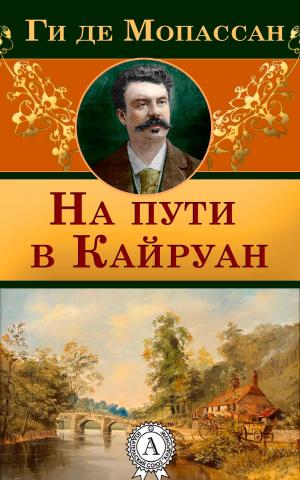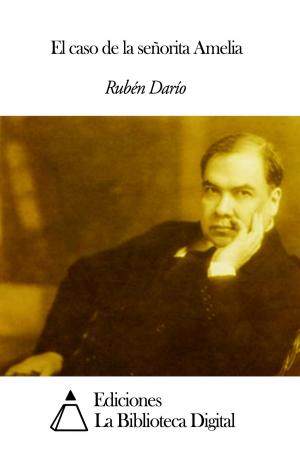| Author: | Mikhail Bulgakov | ISBN: | 1230002421384 |
| Publisher: | Collins and Harvill Press | Publication: | July 9, 2018 |
| Imprint: | Language: | English |
| Author: | Mikhail Bulgakov |
| ISBN: | 1230002421384 |
| Publisher: | Collins and Harvill Press |
| Publication: | July 9, 2018 |
| Imprint: | |
| Language: | English |
The novel alternates between two settings. The first is Moscow during the 1930s, where Satan appears at the Patriarch Ponds in the guise of "Professor Woland", a mysterious gentleman and "magician" of uncertain origin. He arrives with a retinue that includes the grotesquely dressed valet Koroviev; the mischievous, gun-happy, fast-talking black cat Behemoth; the fanged hitman Azazello; and the witch Hella. They wreak havoc targeting the literary elite and its trade union MASSOLIT. Its privileged HQ is Griboyedov's house. The association is made up of corrupt social climbers and their women (wives and mistresses alike), bureaucrats, profiteers, and, more generally, skeptics of the human spirit.
The second setting is the Jerusalem of Pontius Pilate, described by Woland in his conversations with Berlioz and later reflected in the Master's novel. This part of the novel concerns Pontius Pilate's trial of Yeshua Ha-Notsri, his recognition of an affinity with, and spiritual need for, Yeshua, and his reluctant but resigned submission to Yeshua's execution.
Part one of the novel opens with a direct confrontation between Berlioz, the atheistic head of the literary bureaucracy, and an urbane foreign gentleman (Woland), who defends belief and reveals his prophetic powers. Berlioz brushes off the prophecy of his death, but dies pages later in the novel. The fulfillment of the death prophecy is witnessed by Ivan Ponyrev, a young and enthusiastically modern poet. He writes poems under the alias Bezdomny ("homeless"). His futile attempts to capture the "gang", while warning of their evil and mysterious nature, lands Ponyrev in a lunatic asylum. There, he's introduced to the Master, an embittered author. The rejection of his historical novel about Pontius Pilate and Christ has led the Master to such despair, that he burned his manuscript and turned his back on the world, including his devoted lover, Margarita.
Major episodes in the novel's first half include a satirical portrait of both the Massolit and their Griboyedov house; Satan's magic show at a variety theatre, satirizing the vanity, greed, and gullibility of the new elite; and Woland and his retinue taking over the late Berlioz's apartment for their own use. (Apartments were at a premium in Moscow and were controlled by the state's elite. Bulgakov referred to his own apartment as one of the settings in the Moscow section of the novel.)
Part two of the novel introduces Margarita, the Master's mistress. She refuses to despair over her lover or his work. She is invited to the Devil's midnight ball, where Woland offers her the chance to become a witch with supernatural powers. This takes place the night of Good Friday. This is the time of the spring full moon, as it was traditionally when Christ's fate was affirmed by Pontius Pilate, sending him to be crucified in Jerusalem. The Master's novel also covers this event. All three events in the novel are linked by this.
Margarita enters naked into the realm of night, after she learns to fly, and control her unleashed passions. (She takes violent retribution on the literary bureaucrats who had condemned her beloved to despair.) Maragarita brings an enthusiastic maid, Natasha, with her to fly across the deep forests and rivers of the USSR. She bathes and returns to Moscow with Azazello, her escort, as the anointed hostess for Satan's grand spring ball. Standing by his side, she welcomes the dark celebrities of human history as they arrive from Hell.
She survives this ordeal and, for her pains, Satan offers to grant Margarita her deepest wish. She chooses to liberate a woman whom she met at the ball from the woman's eternal punishment. The woman had been raped and killed her resulting infant. Her punishment was to wake each morning and find the same handkerchief by which she had killed the child lying on her nightstand. Satan grants her first wish and offers her another, saying that Margarita's first wish was unrelated to her own desires. For her second wish, she chooses to liberate the Master and live in poverty-stricken love with him.
Neither Woland nor Yeshua appreciates her chosen way of life, and Azazello is sent to retrieve them. The three drink Pontius Pilate's poisoned wine in the Master's basement. The Master and Margarita die, metaphorically, as Azazello watches their physical manifestations die. Azazello reawakens them, and they leave civilization with the Devil, while all of Moscow's cupolas and windows burn in the setting Easter sun. Because the Master and Margarita didn't lose their faith in humanity, they are granted "peace" but are denied "light" — that is, they will spend eternity together in a shadowy yet pleasant region similar to Dante's depiction of Limbo. They have not earned the glories of Heaven, but don't deserve the punishments of Hell. As a parallel, the Master releases Pontius Pilate from eternal punishment, telling him he's free to walk up the moonbeam path in his dreams to Yeshua, where another eternity awaits.
The novel alternates between two settings. The first is Moscow during the 1930s, where Satan appears at the Patriarch Ponds in the guise of "Professor Woland", a mysterious gentleman and "magician" of uncertain origin. He arrives with a retinue that includes the grotesquely dressed valet Koroviev; the mischievous, gun-happy, fast-talking black cat Behemoth; the fanged hitman Azazello; and the witch Hella. They wreak havoc targeting the literary elite and its trade union MASSOLIT. Its privileged HQ is Griboyedov's house. The association is made up of corrupt social climbers and their women (wives and mistresses alike), bureaucrats, profiteers, and, more generally, skeptics of the human spirit.
The second setting is the Jerusalem of Pontius Pilate, described by Woland in his conversations with Berlioz and later reflected in the Master's novel. This part of the novel concerns Pontius Pilate's trial of Yeshua Ha-Notsri, his recognition of an affinity with, and spiritual need for, Yeshua, and his reluctant but resigned submission to Yeshua's execution.
Part one of the novel opens with a direct confrontation between Berlioz, the atheistic head of the literary bureaucracy, and an urbane foreign gentleman (Woland), who defends belief and reveals his prophetic powers. Berlioz brushes off the prophecy of his death, but dies pages later in the novel. The fulfillment of the death prophecy is witnessed by Ivan Ponyrev, a young and enthusiastically modern poet. He writes poems under the alias Bezdomny ("homeless"). His futile attempts to capture the "gang", while warning of their evil and mysterious nature, lands Ponyrev in a lunatic asylum. There, he's introduced to the Master, an embittered author. The rejection of his historical novel about Pontius Pilate and Christ has led the Master to such despair, that he burned his manuscript and turned his back on the world, including his devoted lover, Margarita.
Major episodes in the novel's first half include a satirical portrait of both the Massolit and their Griboyedov house; Satan's magic show at a variety theatre, satirizing the vanity, greed, and gullibility of the new elite; and Woland and his retinue taking over the late Berlioz's apartment for their own use. (Apartments were at a premium in Moscow and were controlled by the state's elite. Bulgakov referred to his own apartment as one of the settings in the Moscow section of the novel.)
Part two of the novel introduces Margarita, the Master's mistress. She refuses to despair over her lover or his work. She is invited to the Devil's midnight ball, where Woland offers her the chance to become a witch with supernatural powers. This takes place the night of Good Friday. This is the time of the spring full moon, as it was traditionally when Christ's fate was affirmed by Pontius Pilate, sending him to be crucified in Jerusalem. The Master's novel also covers this event. All three events in the novel are linked by this.
Margarita enters naked into the realm of night, after she learns to fly, and control her unleashed passions. (She takes violent retribution on the literary bureaucrats who had condemned her beloved to despair.) Maragarita brings an enthusiastic maid, Natasha, with her to fly across the deep forests and rivers of the USSR. She bathes and returns to Moscow with Azazello, her escort, as the anointed hostess for Satan's grand spring ball. Standing by his side, she welcomes the dark celebrities of human history as they arrive from Hell.
She survives this ordeal and, for her pains, Satan offers to grant Margarita her deepest wish. She chooses to liberate a woman whom she met at the ball from the woman's eternal punishment. The woman had been raped and killed her resulting infant. Her punishment was to wake each morning and find the same handkerchief by which she had killed the child lying on her nightstand. Satan grants her first wish and offers her another, saying that Margarita's first wish was unrelated to her own desires. For her second wish, she chooses to liberate the Master and live in poverty-stricken love with him.
Neither Woland nor Yeshua appreciates her chosen way of life, and Azazello is sent to retrieve them. The three drink Pontius Pilate's poisoned wine in the Master's basement. The Master and Margarita die, metaphorically, as Azazello watches their physical manifestations die. Azazello reawakens them, and they leave civilization with the Devil, while all of Moscow's cupolas and windows burn in the setting Easter sun. Because the Master and Margarita didn't lose their faith in humanity, they are granted "peace" but are denied "light" — that is, they will spend eternity together in a shadowy yet pleasant region similar to Dante's depiction of Limbo. They have not earned the glories of Heaven, but don't deserve the punishments of Hell. As a parallel, the Master releases Pontius Pilate from eternal punishment, telling him he's free to walk up the moonbeam path in his dreams to Yeshua, where another eternity awaits.
